Africa’s Growing E-Waste Challenge
Walk through many African cities today — from Lagos to Accra, Nairobi to Johannesburg — and you’ll find piles of discarded electronics: old phones, broken TVs, used computers, and worn-out solar panels.
What many people don’t realize is that these piles tell a story — one about progress and pollution, about digital growth and environmental neglect.
This is the reality of electronic waste (e-waste) in Africa: a growing crisis that hides behind the screen of development.
“We cannot build a digital Africa on the ruins of environmental decay.”
— Amb. Canon Otto
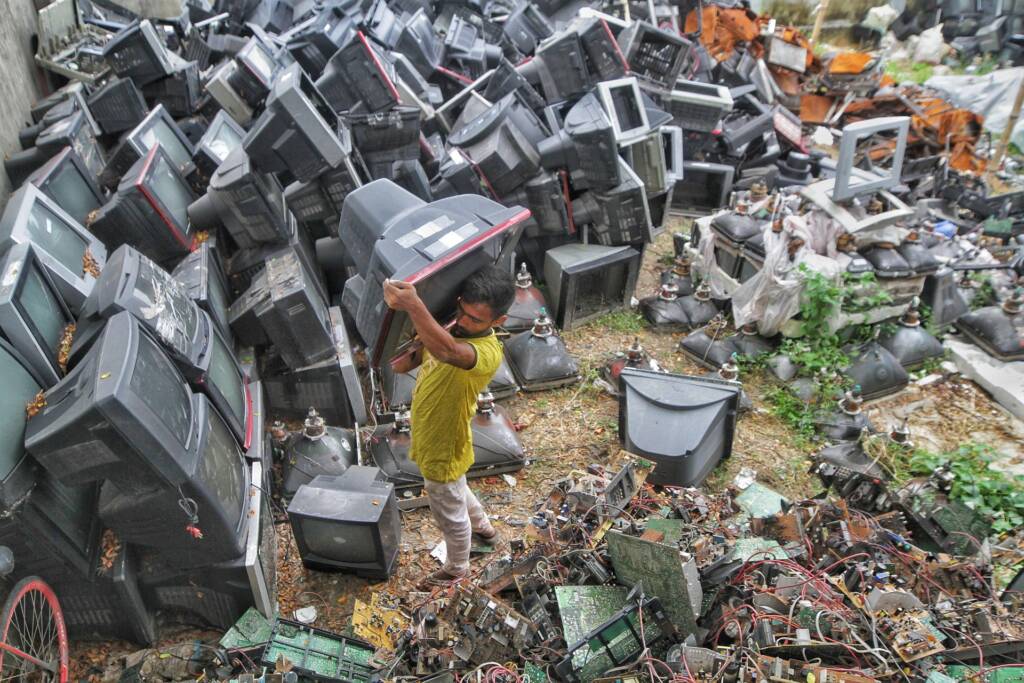
The Hidden Cost of a Digital Revolution
Africa is experiencing a powerful technological awakening. Millions now own smartphones, solar systems, and smart devices — tools that connect, educate, and empower.
But with progress comes waste. According to the UN Global E-Waste Monitor, Africa generates over 2.9 million tonnes of e-waste annually, and that number is rising fast.
The problem is twofold:
We import used electronics from wealthier nations — many of which are already near the end of their life cycle.
We lack proper recycling systems to safely manage electronic waste after use.
The result? Informal recyclers — often working without protection — burn cables, dismantle batteries, and extract metals by hand. While they play a crucial role in recovery, their methods release toxic fumes, heavy metals, and carcinogens into the air, soil, and water.
“Informal recyclers are not the problem — the absence of structure is.”
— Canon Otto, CleanCyclers Africa
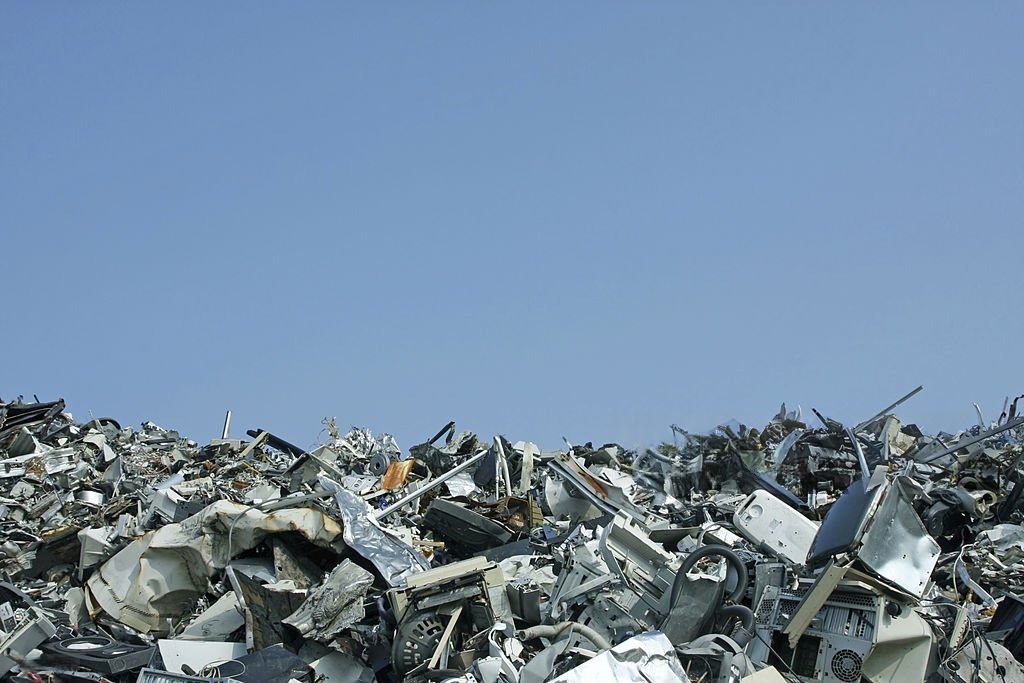
The Environmental and Human Toll
Improper e-waste handling leads to devastating consequences:
- Air pollution: Burning cables emit dioxins and lead compounds.
- Water contamination: Leaking batteries pollute rivers and groundwater.
- Health hazards: Informal recyclers suffer from respiratory and neurological issues due to prolonged exposure.
- Soil degradation: Toxic residue renders land infertile for years.
In essence, what we throw away in the name of progress is silently poisoning our future.
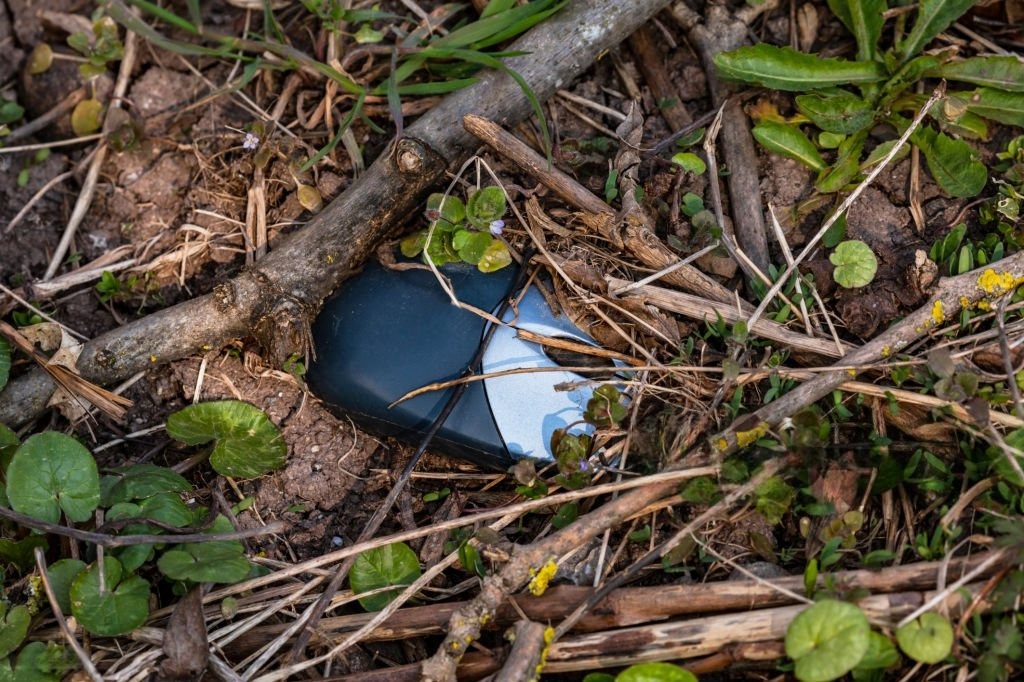
CleanCyclers and the Path to Responsible E-Waste Recycling
At CleanCyclers, we believe that Africa can flip this crisis into an opportunity for circular innovation and green employment.
Our work is centered on building a structured recycling ecosystem where waste electronics are collected, dismantled, and repurposed safely — minimizing harm while maximizing value.
Here’s what CleanCyclers is doing:
Solar Panel Recycling: As renewable energy adoption grows, so does solar waste. CleanCyclers is pioneering safe recovery of aluminum, glass, and silicon from old solar panels to reduce landfill impact.
Training Informal Recyclers: We partner with local collectors, training them on safe dismantling and material recovery methods. This turns an informal, risky job into a green livelihood.
Circular Economy Advocacy: Through initiatives like SustainabilityUnscripted, we educate policymakers, communities, and entrepreneurs on the importance of circular design and responsible e-waste management.
“The goal is not to stop recycling — it’s to make recycling safe, profitable, and sustainable.”
— Amb. Canon Otto, Global Sustainability Summit
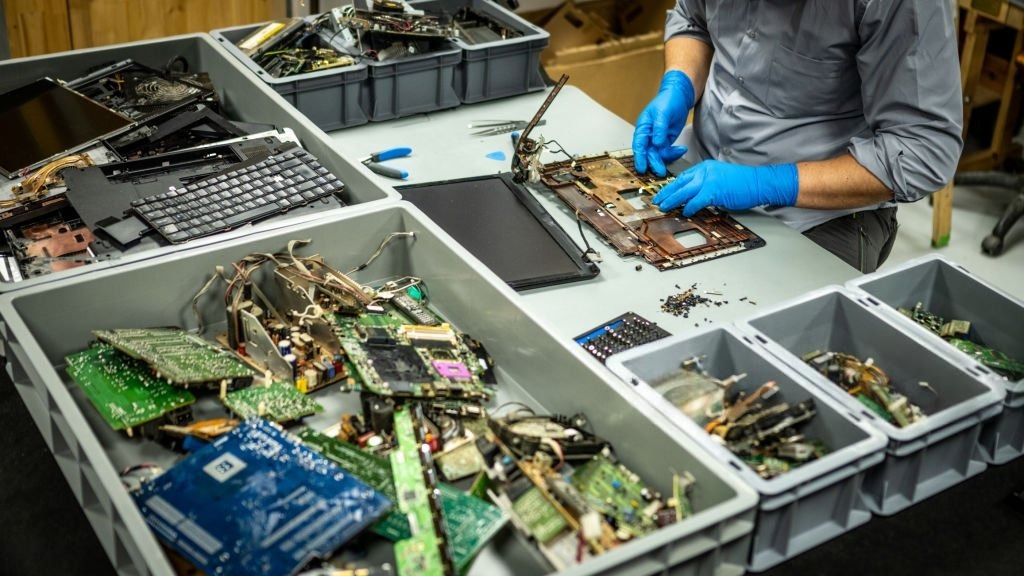
The Role of Policy and Corporate Responsibility
Governments and manufacturers play a decisive role in curbing the e-waste crisis.
To manage e-waste effectively, Africa needs:
✅ Extended Producer Responsibility (EPR): Companies must take responsibility for products at the end of their lifecycle.
✅ Formal Recycling Centers: Investment in recycling hubs with proper equipment and safety standards.
✅ Data and Enforcement: Track imports, enforce compliance, and promote circular innovation.
✅ Public Education: Citizens must understand that e-waste is not “junk” — it’s value misplaced.
“Good policy is the bridge between awareness and action.”
— Canon Otto, SustainabilityUnscripted
Turning E-Waste into Green Gold
The future of Africa’s sustainability depends on how we manage what we discard.
If we view e-waste as a resource, not refuse, we can unlock new industries, jobs, and climate resilience. Proper recycling recovers valuable metals like gold, copper, and silver, reduces the need for mining, and lowers carbon emissions.
At CleanCyclers, we’re proving that waste can power wealth, and that every discarded gadget can tell a story of renewal instead of pollution.
“Africa’s e-waste crisis can become Africa’s green gold rush — if we act with vision and responsibility.”
— Amb. Canon Otto
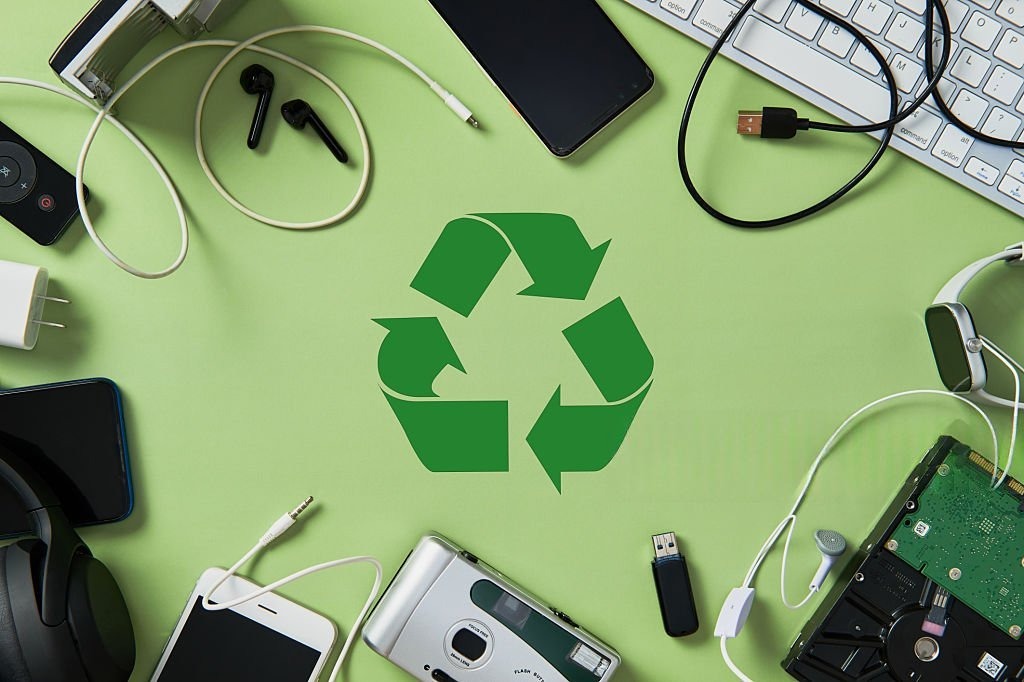
Final Thoughts
The truth about e-waste in Africa is not just about technology — it’s about people, systems, and choices.
Every device has a story. And so does every recycler, policymaker, and citizen who decides to care.
Through CleanCyclers and SustainabilityUnscripted, we’re not just talking about the problem — we’re building the solutions that make a circular Africa possible.
Because for CanonOtto, sustainability isn’t an agenda — it’s a responsibility we owe the generations after us.
“If we want a smarter Africa, it must also be a cleaner one.”
— Amb. Canon Otto
Read more on: https://www.cleancyclers.com
Follow the conversation on SustainabilityUnscripted with #CanonOtto for more insights on how Africa can lead the circular economy transition.


